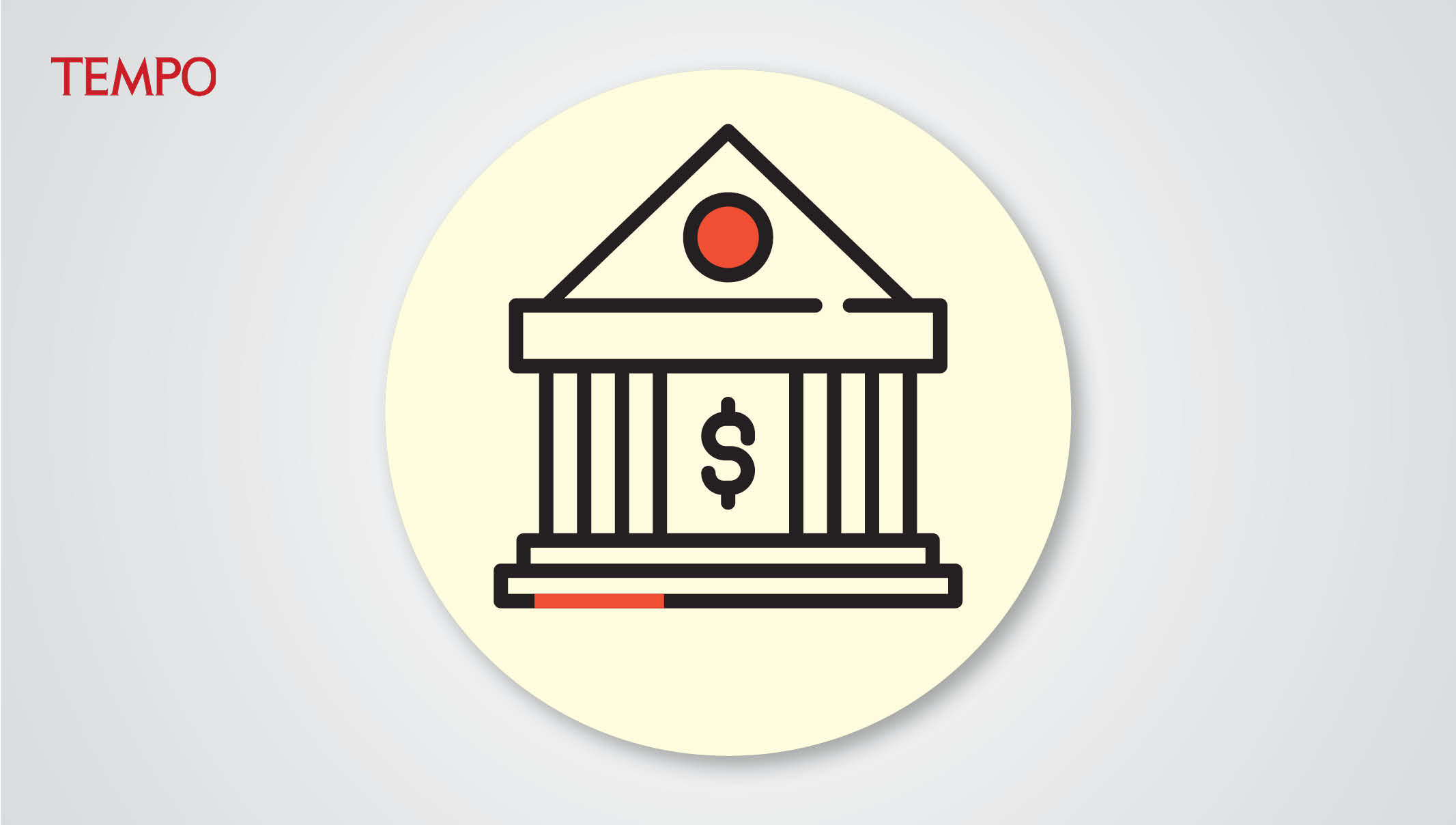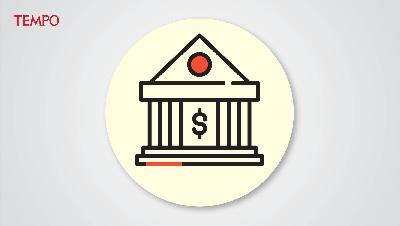BTN Syariah’s Acquisition of Bank Muamalat
Monday, March 18, 2024
The government is to combine BTN's sharia business unit with Bank Muamalat. This could lead to problems.
arsip tempo : 174731646493.

THE decision by State-Owned Enterprises Minister Erick Thohir to push for the merger of the sharia unit of Bank Tabungan Negara, or BTN, with Bank Muamalat has the potential to lead to problems. Without a comprehensive study, this merger could result in losses because of the size of Muamalat’s debts.
The plan to merge Muamalat with BTN’s sharia business unit is now in the final stages. This corporate action could result in Muamalat becoming larger because it will obtain the extensive assets of BTN’s sharia business unit. After the merger is complete, Muamalat will have two majority shareholders, namely the Hajj Fund Management Agency (BPKH) and BTN.
The government claims that this merger will produce a sharia bank with assets of Rp120 trillion. This would mean its assets were as large as those of 2022 reported assets of Bank UOB Indonesia, the 15th largest bank in Indonesia. But this claim carries risks of huge losses given Muamalat’s track record to date.
At first glance, this merger plan will be beneficial for BTN, especially since according to Muamalat’s financial report, as of September 2023 it had assets of Rp66 trillion. The bank’s financing ratio also grew by 22.4 percent to 21.7 trillion, non-performing loans were only 0.43 percent and corporate profits were Rp52.36 billion.
But do not forget that Muamalat has problematic assets valued at Rp10 trillion, which are now being managed by Perusahaan Pengelola Aset. It was the policy of disposing of those bad assets that returned Muamalat to the black. As of December 2023, problem assets that were recoverable stood at only 19 percent, or Rp1.9 trillion.
The government should also consider the danger of the non-performing loans that have caused problems for Muamalat, especially since the BTN sharia unit that will merge with Muamalat had quite a large assets of Rp54.53 trillion as of December 2023.
The Financial Services Authority (OJK) has told the BTN sharia unit, which has significant assets as well, to free itself from its parent company and establish a new entity. However, this obligation should not automatically be used as a reason to force the merger of a healthy state bank with an unhealthy bank.
The State-Owned Enterprises Ministry actually has a number of options for the BTN sharia unit in order to meet the OJK requirement. These include a spin-off to establish a new sharia bank or a merger with Bank Syariah Indonesia, the largest state-owned sharia bank, which was formed from a fusion of three state-owned sharia banks in 2021. This second option is far more realistic and has a much lower risk.
Pushing for mergers is one way to increase the size of the still small sharia banking sector in Indonesia. But it will only be effective for small sharia banks that do not have large debts of the size burdening Muamalat. The presence of the BPKH as the holder of 77 percent of Muamalat shares should not be seen by the government as an opportunity to create a large bank with minimum capital investment.
This is because the BPKH obtained its 77 percent Muamalat shareholding in the form of a donation from a previous shareholder. And the donation is not something to be proud of. The process more resembled the giving and receiving of something that was broken but could not be allowed to die by a previous owner reluctant to continue managing it to an agency with huge assets managing hajj funds.
As long as the BPKH is the majority shareholder, there is no guarantee that Muamalat will perform well. The proof of this is that for the last two years, the BPKH has spent Rp3 trillion trying to stimulate Muamalat.
Rather than BTN suffering the same fate, it is time the government reexamined the merger plan. The sharia business unit of BTN must not be relinquished simply in the hope of seeing an increase in valuation.











